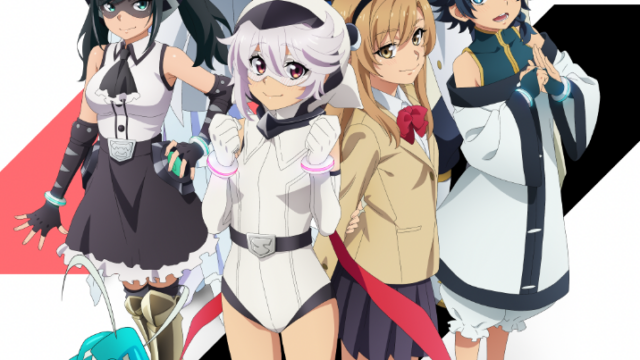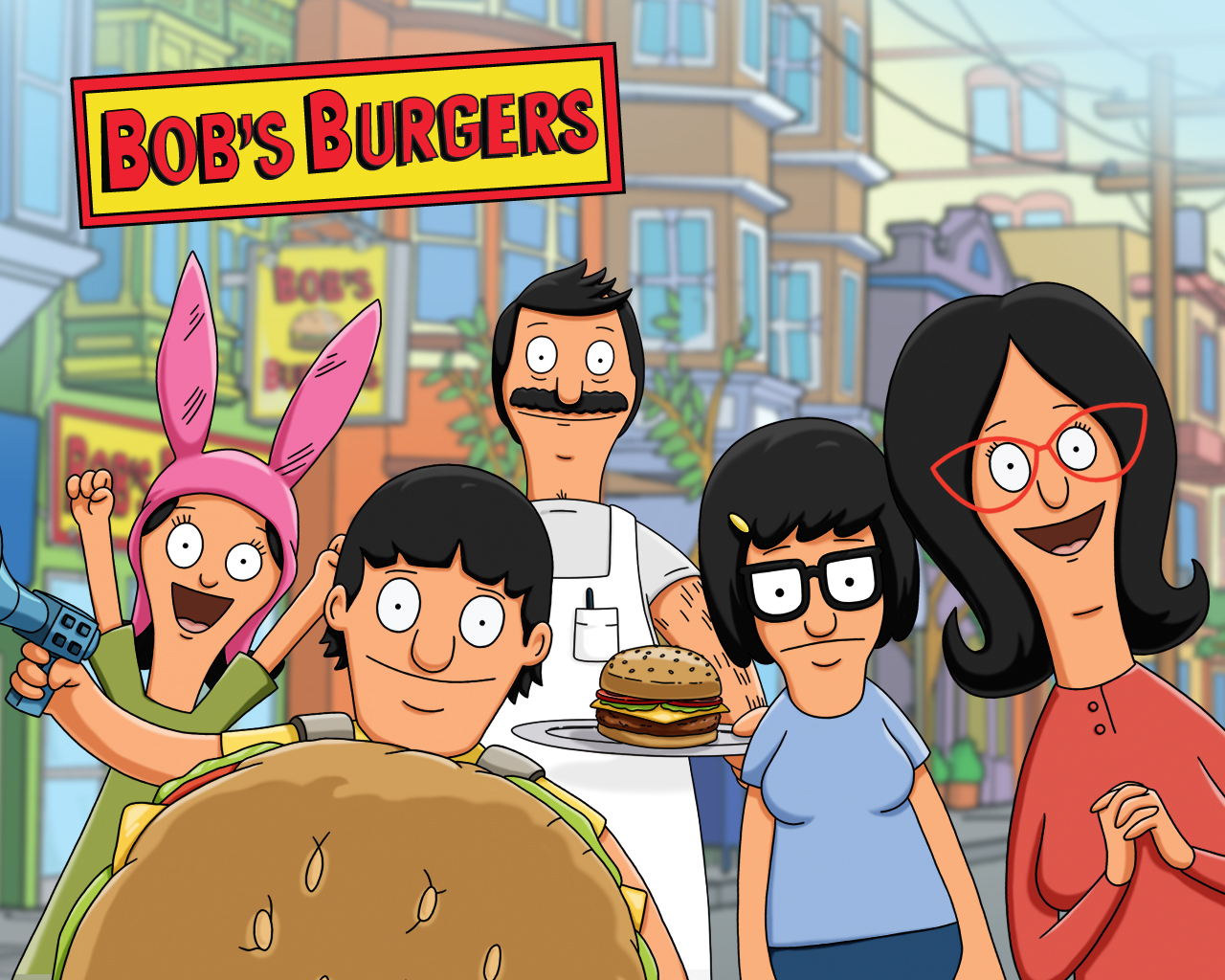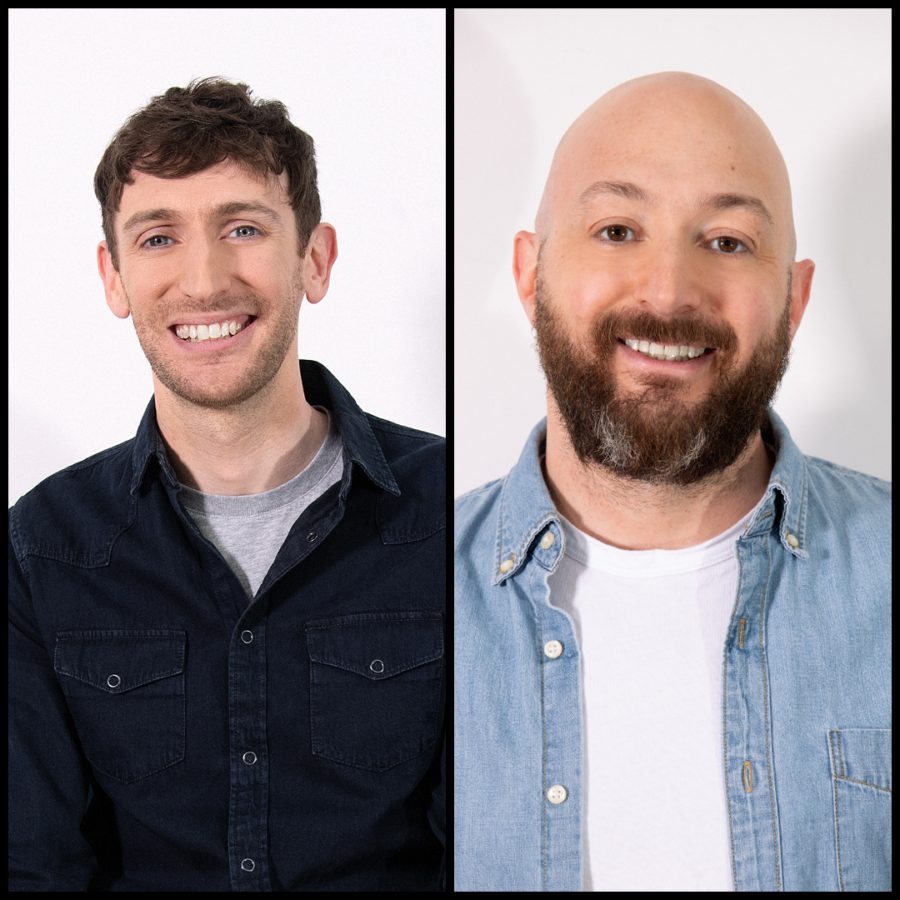Season Review: The Proud Family: Louder and Prouder Season Two
There’s no family that’s louder and even prouder than the Proud family. It might not be the best way to start this review, but it’s better than nothing, which I should be proud of. Seventeen years after the original series concluded, The Proud Family made a surprising comeback as a Disney+ revival series. Known as The Proud Family: Louder and Prouder, the revival/soft reboot featured the same hip and charming characters we know and love, but in a modern age. With its combination of nostalgic goofy charm and its approach to modern trends and representation, Louder and Prouder managed to please older fans of the original while also being accessible to the current generation. So it’s unsurprising that it got a second season, especially since the first season ended on a cliffhanger.
While I really enjoyed the first season for its animation, topics, and characters, I was not a fan of it following the annoying trend of ending seasons with cliffhangers. The season one finale, “Old Towne Road Part 1”, concluded with Suga Mamma walking off due to her discomfort from her father’s sexism. It was a mildly provocative finale with a compelling exploration of Suga Mamma’s past that forced us to wait almost a year to see what happens next. The first episode of season two, “Old Towne Road Part 2”, picked up where the season one finale left off, with Suga Mamma finally earning her father’s respect by saving Oscar from a bull during the rodeo championship. The fact that that episode didn’t serve as the season one finale still annoys me to this day, but it easily compensates for it with its fulfilling and heartfelt closure to Suga Mama’s arc.
As for the remaining episodes of season two, Louder and Prouder delivers more of the same as we expect from the first season and the original series. Again, we have the characters facing modern everyday problems with a few wacky twists. But, more importantly, the series covers plenty of mature topics and representations that are easily digestible for everyone, not just the black community. If you like the original series and the first season of Louder and Prouder because of those elements, there’s no doubt that you’ll feel the same way toward season two. While some of its episodes weren’t as admirable as others regarding their sitcom-like plots, the second season offers plenty of fun and charm from Disney’s craziest animated family and lots of heart for its characters and commentaries.
The show’s charm is represented again by its voice cast, who brought a bag load of energy, comedy, and sincerity into their characters without being highly obnoxious. Kyla Pratt, Tommy Davidson, and Jo Marie Payton remain as the show’s highlights as Penny, Oscar, and Suga Mamma, respectively, especially the latter in the first two episodes. The season also includes more guest stars joining the fun, including Chance the Rapper as Darrius in “Curved” and Normani as Giselle in “The Soul Vibrations”.
However, the cherry on top regarding the series is its topics. The Proud Family is widely known for its positive depiction of African-American culture amid its zany slapstick comedy and relatable stories. Despite specific characters being shown as stereotypes, the series was defined as groundbreaking for representing the themes and community for both kids and adults. Louder and Prouder retains its concept with the addition of the LGBTQ community and other modern yet complex topics, such as colorism in “The End of Innocence”, where a famous young star Noah Barker only dates white girls. They make the show easily digestible for kids to understand as well as adults without making things too preachy or even tasteless. It doesn’t treat the young viewers like idiots regarding those topics. Instead, it teaches them to take a better look at the world around them and themselves.
The ten episodes are all enjoyable for their entertaining comedy and life lessons. However, the final two episodes, “BeBe” and “Juneteenth”, impressed me more than the rest. “BeBe” is the most relatable for me because it centers on BeBe being on the autism spectrum. It not only represents how a child with autism behaves regarding their interests, behavior, and unusual responses but also showcases the family adapting to this change. As someone who’s also on the spectrum, I thought that episode did a solid job displaying this disability.
Then, there’s “Juneteenth”, the season two finale involving Mya (Keke Palmer) discovering that the city’s founder was a slave owner. That episode is also relatable because of people hiding the truth behind specific historical events, mainly those involving black slavery, thinking it would go away. It reflects the emotion and inspiration behind the Juneteenth holiday and the strive to provide racial equality. As for my least favorite episode of the season, I would choose “Puff Daddy” for its repetitive plot despite a few comical moments, including Judge Byrd.
Overall, season two of The Proud Family: Louder and Prouder remains as loud and proud as it has always been. It delivers everything you’d expect from season one, ranging from its voice cast to its representations to the vibrant and hip animation. Some episodes struggled to maintain the quality’s consistency, but the rest are compelling enough to be more delicious than Oscar’s disgusting Proud Snacks. Whether you’re a fan of The Proud Family or a fresh newcomer, Louder and Prouder is another reason you should subscribe to Disney+ aside from its massive Star Wars and Marvel libraries.
























Just cancel this bird already. The chicken is beyond cooked. It's burnt to a crisp.